By Russtum G. Pelima
MALAPATAN, Sarangani (June 19, 2007) – For hundreds of years, the Filipino Muslim has presented tinagtag as a special food for all occasions. In time it became part of an old tradition that literally spoke of the Islam Religion.
The town folk know for sure the taste and all about this unique delicacy who most closely connect it to the Maguindanaos.
Making the tinagtag is a festivity itself. The women do the cooking cheerfully accompanied by a rhythmic sound from the balabad, wooden sticks used to hit the dabakan (an animal skin-covered cask).
This festive beat is an invitation for others to come and meet, thus reviving the spirit of old friendship and close family ties.
"Mula noon, ibinibigay naming pagkain sa mga bisita ang tinagtag na talagang pagkain ng mga Muslim," said Fatima, a Maguindanaon woman.
"We say Bismillah before we start cooking the tinagtag," discloses Maisora Balimbingan, Fatima's sister.
"It means We praise Allah. Like everything we do, we say this prayer as a dedication of our effort to Allah so that it will be blessed," she elaborated.
She said the presence of a person with a bad character when cooking causes a bad serving, easily spoiled and a distasteful tinagtag, and they can testify to it.
The crisp rice roll tinagtag can be in good taste and can last for months with sugar as its natural preservative.
Mothers teach their children at young age how to make tinagtag and other Muslim food like the panyalam, tamakunsi, nilabwan, and panganan.
This has passed on their unique delicacies through generations and became part of their history.
The Sangil tribe in Balut Island belonging to Sarangani's adjacent province, Davao del Sur, recounts their historical significance.
When the tribe fled from the economic conquest of the Vandas in the Northern part of Sulawesi, Indonesia, during the 16th century, it was the Panyalam, Muslim sweetened dough, that saved them from the Spanish soldiers who came to Sarangani Bay and the Celebes.
"Our forefathers told us that when the Spanish soldiers came, they knew they were hungry, but they wanted to have battle with us and the natives who had settled in this island long before they came," recounts Takeda Colano in Sangil.
"So as a sign of peace instead of the battle, they threw them some panyalam which the Spaniards ate, but later our forefathers gave them more of it with potion so that they would get weary, tired and fall asleep."
A Jesuit historian named Jose Luego has recorded in his book The Christianization of Bohol the coming of the Spanish expedition in the beaches of Sarangani Bay in search for the spice island during the 16th century.
Tinagtag is made of finely ground rice mix with sugar. The rice is soaked into clean water for few minutes.
When the mixture becomes sticky, it is placed in pangulayan, a coconut bowl with small holes. The holes serve as a screen where the gluey mixture strips down to a kala or pan of boiling oil, traditionally a virgin coconut oil, where it is cooked.
The cook makes a circling motion of the pangulayan to form the flowing strips into a round-like lean pizza pan. Then a wooden ladle called gagawi is used to get the brownish pasta crisp and put it in a talam or tray ready for styling with a twangan. The whole cooking process is accompanied by the rhythmic sound from balabad and dabakan.
The town festival this year features tinagtag as Malapatan's one town one product (OTOP).
President Gloria Macapagal Arroyo has tapped local chief executives for the OTOP nationwide program.
Last month, ABS-CBN featured tinagtag in its "Trip na Trip" daily morning show which caters to local promotion initiatives and tourist destinations.
"Para mabuhay, lumago at mabigyan ng kabuhayan ang mga tao dito ang s'yang layunin ng OTOP," Department of Trade and Industry (DTI) Region 12 director Ibrahim Guiamadel, said.
"We are promoting Sarangani Province as an eco-tourism destination at dahil sa produkto na ito, pinupuntahan na tayo ng iba't ibang mga advertisers," DTI provincial director Nenita Barroso announced at the opening of Pakaradyan 2007 Friday, June 15, at the municipal ground.
Rural Improvement Clubs in Malapatan are engaged in tinagtag production at 100 packs daily for P25 per pack as pasalubong items, but DTI said it is expanding the production and increase marketing through quality packaging.
With the support of the local government and private sectors for tinagtag as Malapatan's OTOP, its productivity, marketability, industrial performance, social and environmental impact, the poor tinagtag can lead a timid town to progress. (SARANGANI INFORMATION OFFICE)
Subscribe to:
Post Comments (Atom)




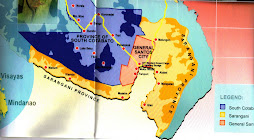

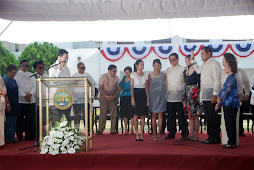
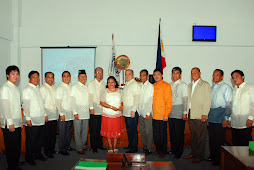

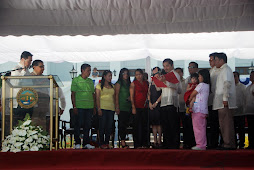
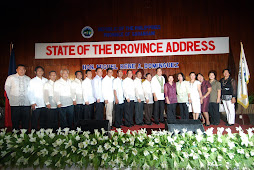
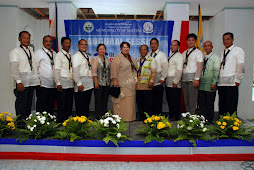




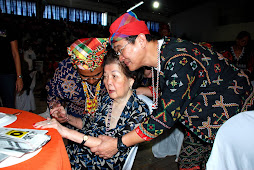





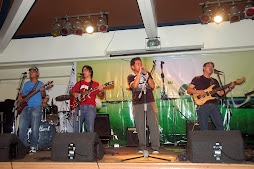


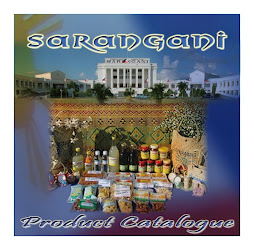

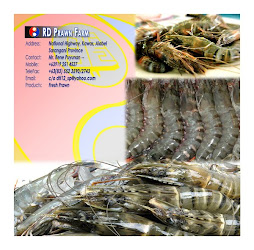
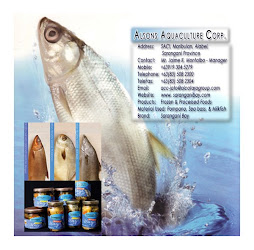
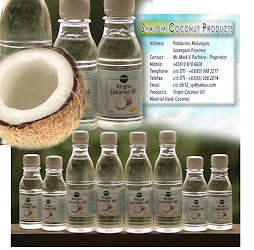

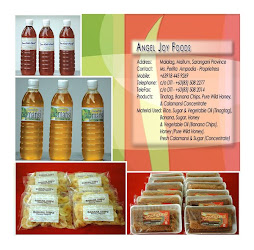
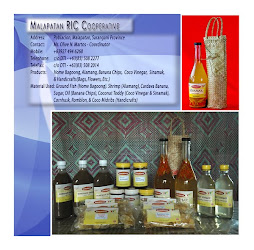

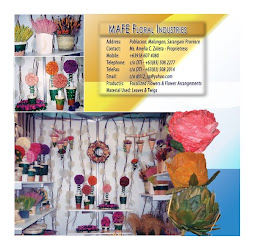
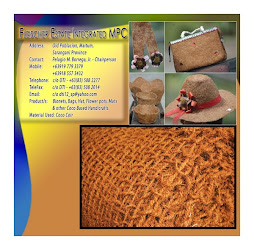
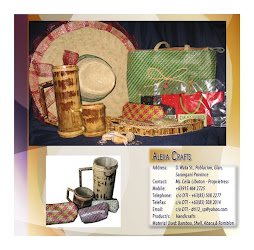
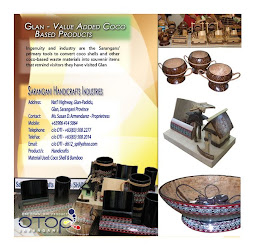
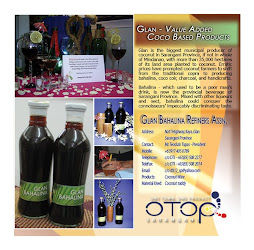
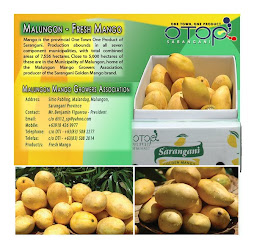
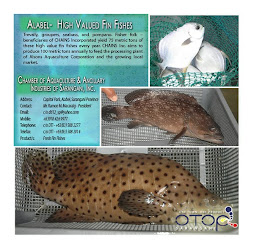
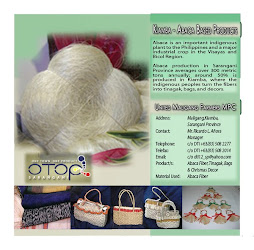

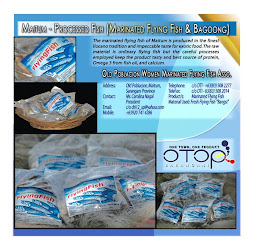
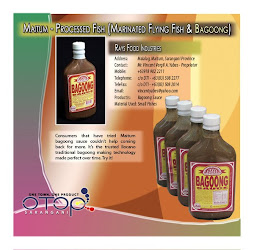
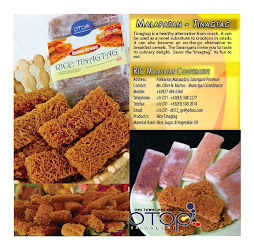
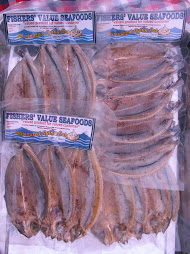






No comments:
Post a Comment